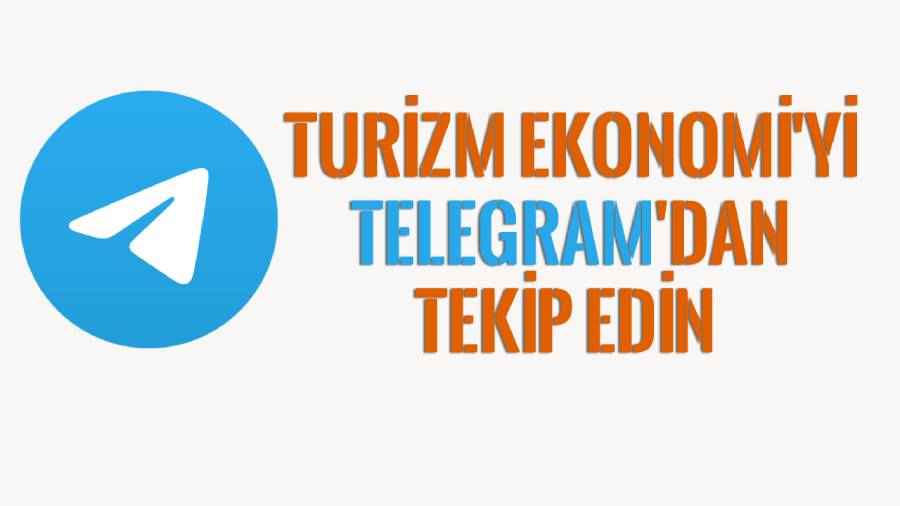The picture in the Russian tourism market has begun to change

As we enter the second half of the 2025 summer season, the Russian market has entered a period that presents both challenges and opportunities for Türkiye. The fluctuations experienced until the end of June were shaped by the influence of various external factors:
* Geopolitical uncertainties (Middle East tension, drone attacks), * Fire news and extreme temperatures, * Previous fluctuations of the Ruble,
* University exam period and price pressure.
However, as of the second week of July, the picture began to change positively:
* The Ruble gained 15 percent value, * A decline to 1 USD = 78 RUB, * July prices remaining below high season prices,
* Controlling the fire risk,
This led to a fluctuation in sales. II. New geopolitical development: ceasefire and opening of airspace in the Middle EastThe most striking development is the de-escalation of tensions along the US-Iran-Israel line and the ceasefire agreement for Gaza. In line with this development:
* Reopening of Iranian, Syrian and Lebanese airspaces, * Reducing threats originating from Yemen,
* Flight routes returning to normal
Operational relief was provided for both airlines and tour operators.This could rekindle interest in destinations like Egypt , the UAE , and Jordan . However, it also means renewed competition for Turkey . Therefore, our marketing, pricing, and destination strategies must be rapidly adapted.
The UNESCO Triumph of Sardis III: A new era in cultural tourismTürkiye's strongest advantage during this period is the inclusion of the ancient city of Sardis in Manisa on the UNESCO World Heritage List in July 2025. This development:
* A major breakthrough in terms of cultural tourism, * The cornerstone of new promotional campaigns with the theme of the land where money was born,
* It is a concrete gain that shows that Türkiye is not just a geography of "sea-sand-sun" but also a geography of civilizations.
This positive development regarding Sardis will increase the qualified tourism potential not only for Manisa but also for the entire Aegean region.
IV. Sales reality and image managementHowever, while the increase in coastal areas is evident thanks to pre-booked flights, tour operators are still losing an average of $125 per seat. The entertainment content that challenges ethical boundaries, especially in some destinations like Marmaris, poses a problem for their international image.
V. Conclusion and recommendationsThe roadmap that Türkiye should follow in the second half of summer 2025:
1. Building on UNESCO's success, a cultural promotion campaign themed around Sardis and Lydia should be launched. 2. Flexible campaign plans should be developed to address the increasing competition from Egypt and the Gulf countries. 3. A support/incentive model should be developed within the hotel, operator, and government triangle to address price losses. 4. Image management should be strengthened in Marmaris and similar regions, and cultural values should be prioritized.
5. Following drone attacks and airspace crises, the message of “Türkiye as a safe destination” should be highlighted.
turizmekonomi






